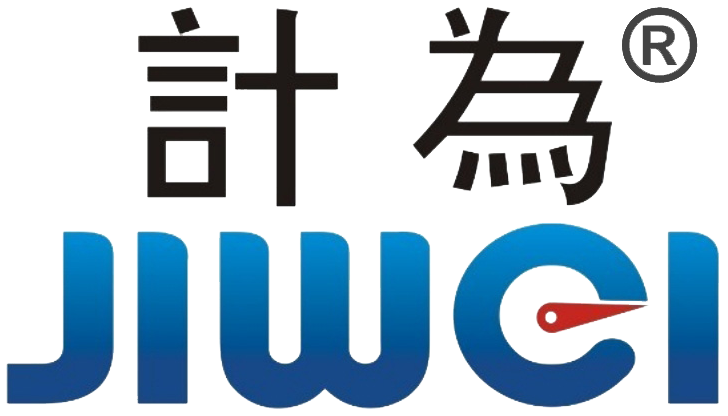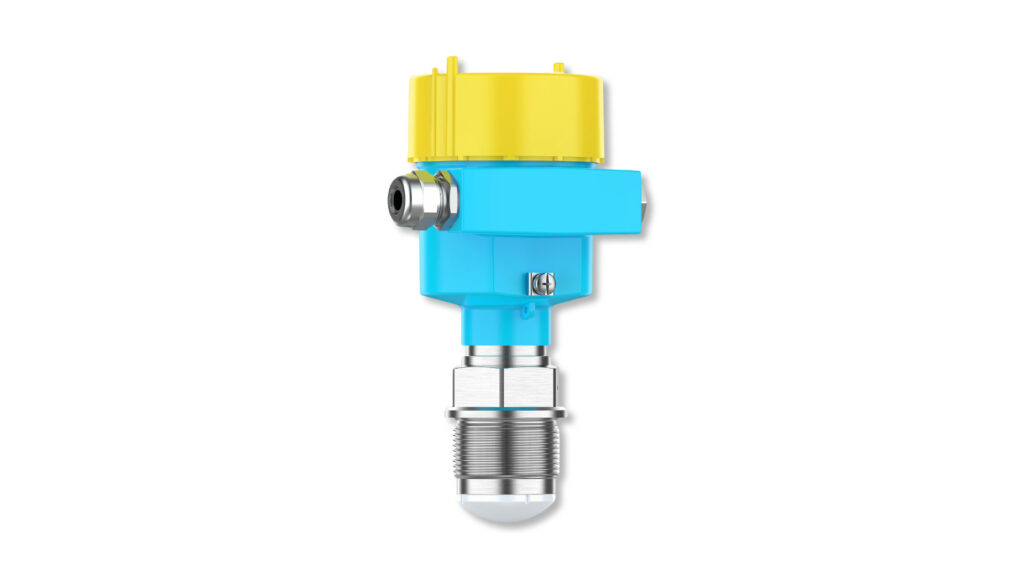Bitumen Level Control with JWrada® 80GHz Radar Level Transmitter
On the roofing shingle production line of a major building materials manufacturer in South China, a Radar Level Transmitter plays a key role in maintaining precise control of high-temperature liquid bitumen. Fiberglass mats are immersed in the bitumen for coating—a process that determines the mechanical durability and weather resistance of the shingles. As a critical component of roof protection, the uniformity and consistency of the bitumen layer directly affect the product’s performance and service life. To ensure quality, the bitumen tank must be equipped with a highly responsive and stable level control system.

Application Challenge: High Temperature, Adhesion, and Dielectric Variability Disrupt Level Accuracy
The bitumen tank at the production site maintains a working temperature above 150°C, with localized hotspots reaching even higher. To enhance aging resistance and seasonal performance, the plant regularly adds various additives and modifiers to the bitumen. These formulation changes cause fluctuations in the dielectric constant, making it difficult for conventional instruments—especially those based on dielectric measurement principles—to provide stable readings.
An even more significant issue arises from the bitumen’s physical properties. Under high temperatures, the liquid becomes highly viscous and tends to accumulate thick deposits on the probe surface. This buildup interferes with measurement accuracy and increases the need for manual maintenance. The originally installed capacitive level transmitters frequently reported erroneous readings, causing incorrect pump control responses and requiring repeated operator intervention—seriously disrupting production efficiency.

Solution: JWrada® 80GHz Radar Level Transmitter Overcomes Adhesion and Dielectric Instability
After a detailed evaluation of site conditions, Shenzhen Jiwei Automations Ltd. recommended the JWrada® 80GHz Radar Level Transmitter. This product is specifically designed for challenging liquid applications involving high temperatures, viscous buildup, and unstable dielectric properties. Key advantages include:
- 80GHz high-frequency radar delivers a narrow beam angle (as small as 3°), ideal for compact tanks or structures with internal obstructions;
- High dynamic range ensures reliable detection of low-dielectric fluids, even with frequent formulation changes;
- Advanced signal processing algorithms filter out false echoes caused by buildup or condensation;
- Non-contact measurement eliminates mechanical wear, blockage, and measurement drift from adhesive materials.
For this application, the plant selected the JWrada®-32 Radar Level Transmitter, mounted approximately 600mm above the bitumen tank. A 1.5″ NPT threaded connection and compact flange bracket allowed easy installation while maintaining mechanical stability in a high-heat environment.

Results: Millimeter-Accurate Pump Control and Stable Output
The plant’s control logic requires millimeter-level precision:
- Maintain 80% tank level with pump operating at 40% capacity;
- If the level drops to 79%, the pump ramps up to 100%;
- If the level rises to 81%, the pump shuts off.
This 1% fluctuation corresponds to just 1mm of level change, a resolution unattainable with the previous instruments. In contrast, the JWrada® Radar Level Transmitter delivers repeatable accuracy within ±1mm, providing reliable feedback and enabling precise pump control.
Even after extended operation, the transmitter’s antenna is visibly coated in bitumen. Nevertheless, the output remains stable, with no measurement drift or need for cleaning or recalibration—greatly reducing maintenance workload.
Conclusion: Radar Level Technology Enhances Shingle Quality and Operational Efficiency
Roofing shingles serve both as structural protection and visual enhancement for buildings. Behind this seemingly simple product lies a complex production process, where precise material control is critical. By deploying the Jiwei JWrada® 80GHz Radar Level Transmitter, this roofing manufacturer has transitioned from manual, experience-based monitoring to a modern, intelligent level control strategy—improving product consistency, reducing operator workload, and optimizing bitumen usage.

The success of this application demonstrates that domestically developed radar level transmitters are capable of meeting—and even exceeding—the demands of harsh industrial environments. Shenzhen Jiwei Automations Ltd. is helping more manufacturers solve difficult level measurement challenges with dependable, high-performance, and cost-effective solutions.

